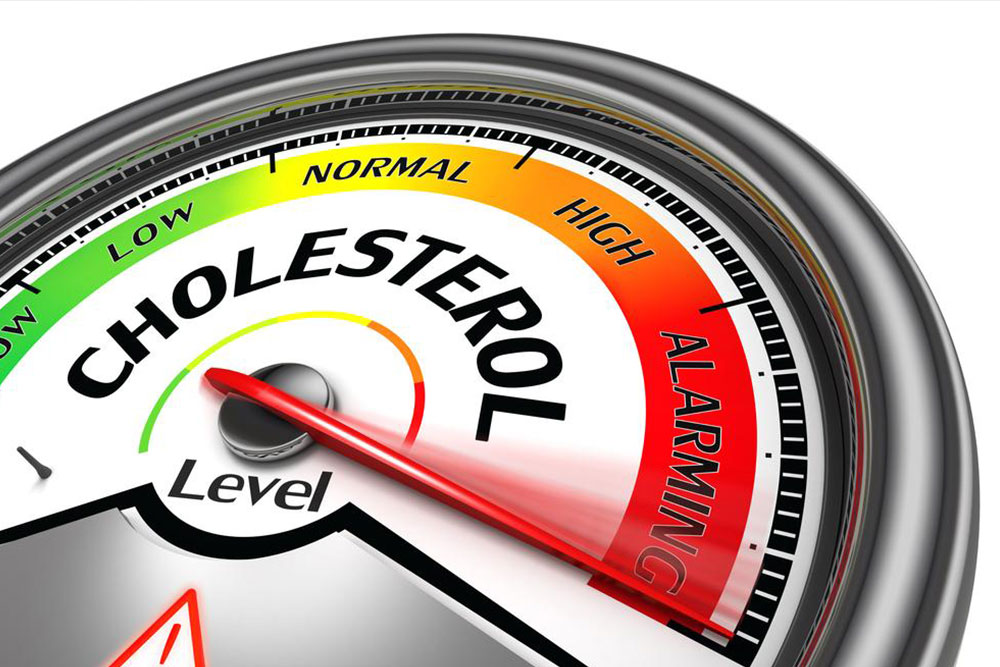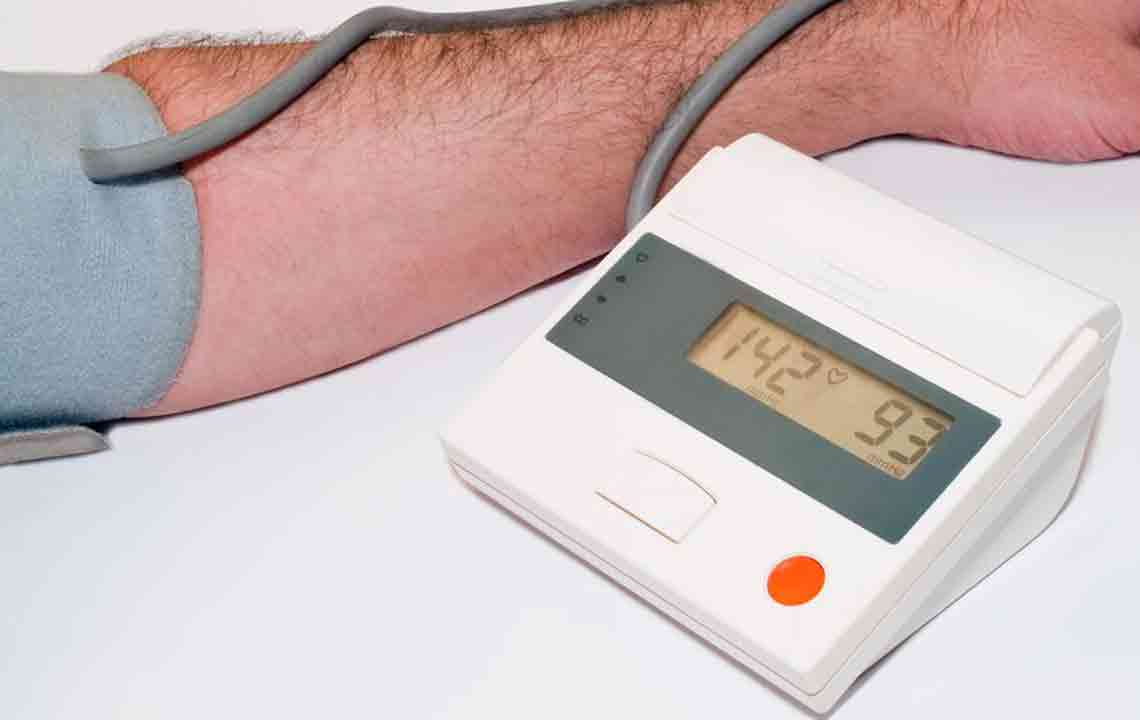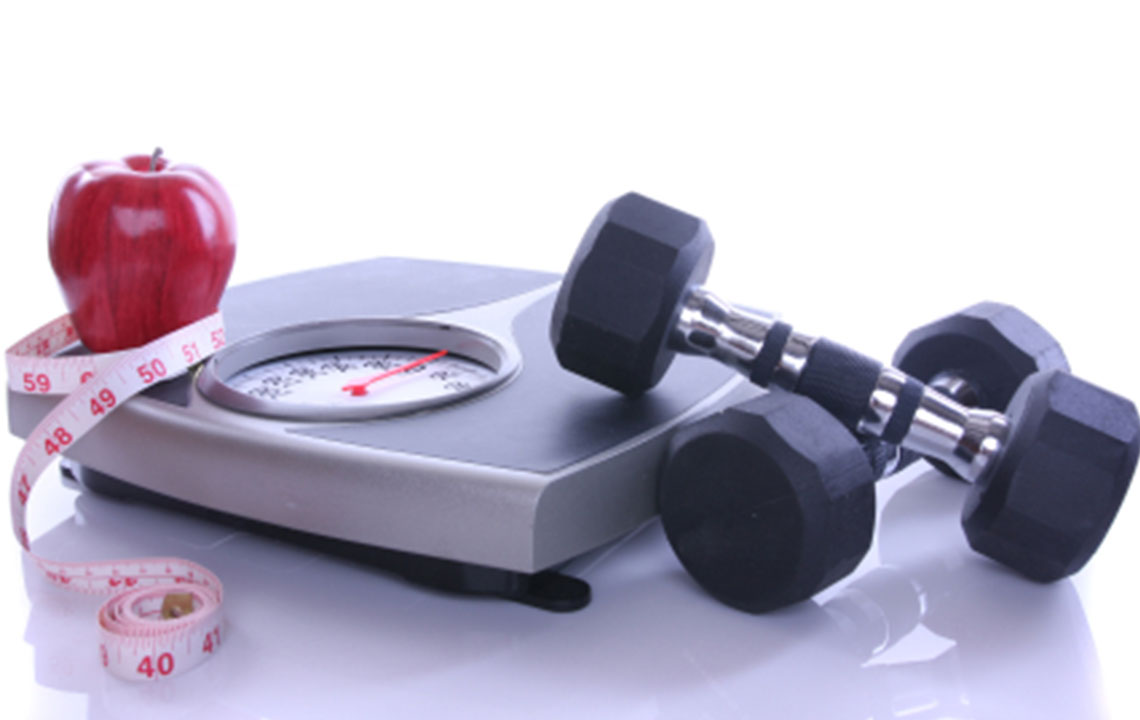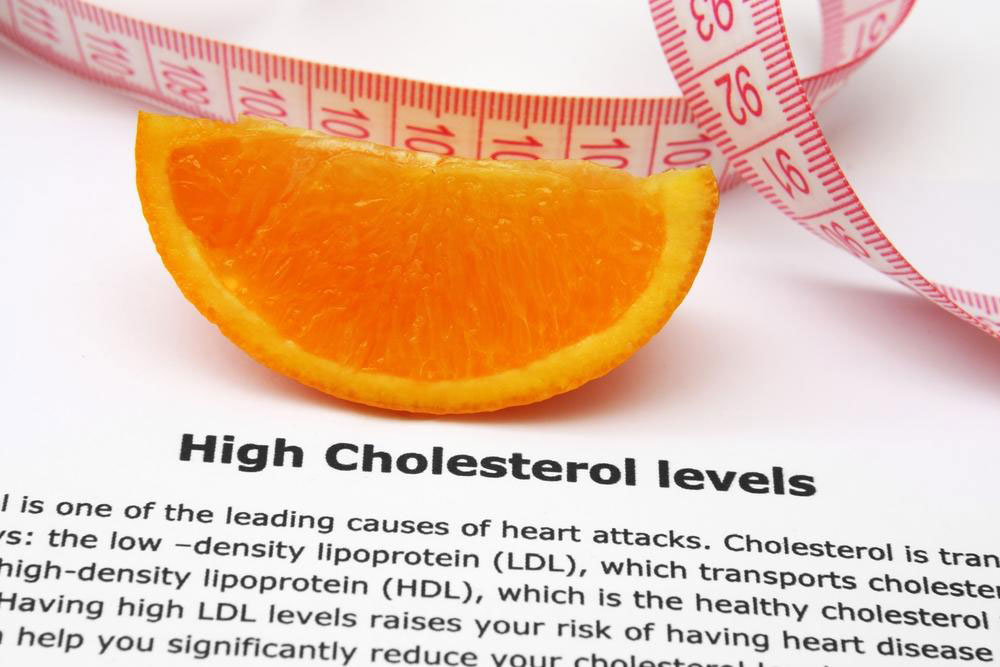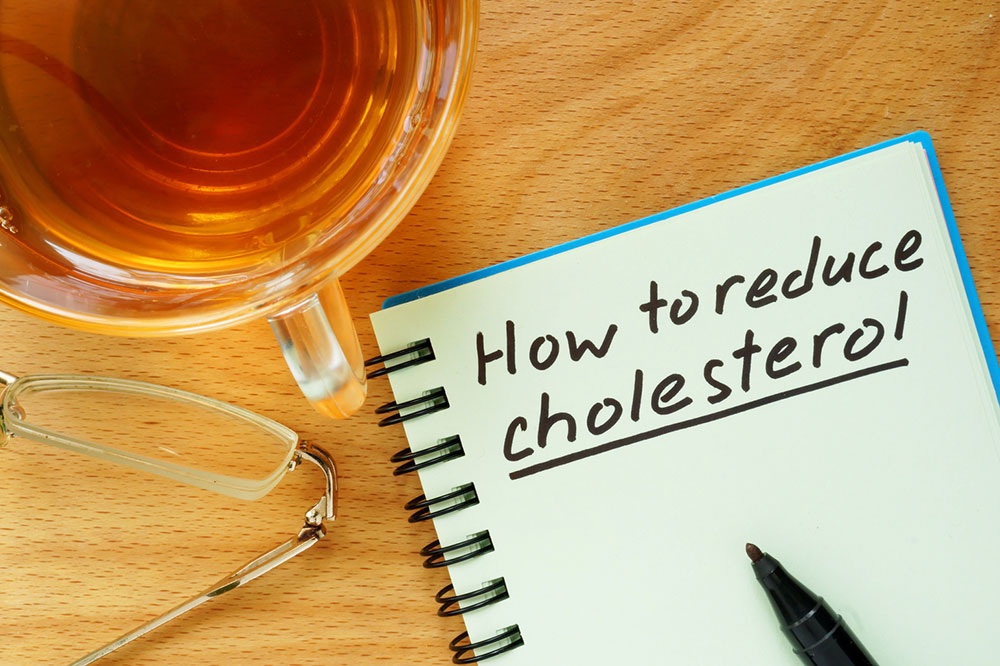Comprehensive Natural Approaches to Lower Bad Cholesterol and Promote Heart Health
Learn effective natural strategies to lower bad cholesterol, including dietary changes, exercise, and lifestyle adjustments. This comprehensive guide empowers you to improve heart health and prevent cardiovascular disease through sustainable habits and proven methods.

Comprehensive Natural Approaches to Lower Bad Cholesterol and Promote Heart Health
Managing elevated low-density lipoprotein (LDL) cholesterol, commonly referred to as "bad cholesterol," is a critical step in reducing the risk of cardiovascular diseases. High LDL levels are associated with the buildup of fatty deposits in arteries, increasing the likelihood of heart attacks, strokes, and other serious health complications. While pharmaceutical interventions are often prescribed, adopting natural and lifestyle-based strategies can be just as effective, sometimes even more sustainable in the long term. This comprehensive guide explores scientifically backed methods to naturally lower LDL cholesterol, emphasizing dietary modifications, physical activity, behavioral changes, and other supportive habits.
Understanding the importance of a balanced diet is the foundation for managing cholesterol levels. Here are detailed dietary recommendations to help you improve your heart health effectively:
Eliminate Trans Fats – Trans fats are artificially added fats created through hydrogenation, commonly found in processed snack foods such as cookies, crackers, margarine, and baked goods. These fats not only raise LDL cholesterol but also lower HDL (good cholesterol). Reading labels carefully and choosing trans fat-free products can make a significant difference in your cholesterol profile.
Reduce Saturated Fats – Saturated fats are prevalent in full-fat dairy products like cheese, butter, and cream, as well as in red meats, processed meats, and certain tropical oils such as coconut and palm oil. Cutting back on these fats helps lower LDL levels. Consider lean meats, low-fat dairy options, and plant-based alternatives to enrich your diet with nourishing nutrients.
Enhance Soluble Fiber Intake – Soluble fiber binds to cholesterol in the digestive system, preventing its absorption into the bloodstream. Incorporate oats, barley, beans, lentils, carrots, apples, berries, oranges, and other fibrous fruits and vegetables into your meals. These foods not only lower LDL but also support overall digestive health.
Beyond dietary changes, integrating specific foods can further support your cholesterol-lowering efforts. For instance, foods rich in omega-3 fatty acids—such as fatty fish like salmon, mackerel, and sardines—are known to improve heart health by reducing triglycerides and inflammation. Walnuts, flaxseeds, and chia seeds are excellent plant-based omega-3 sources that can be easily added to meals and snacks.
Additionally, considering dairy-based whey protein supplements might provide a beneficial effect on cholesterol levels, supported by research indicating their potential to lower LDL levels. Switching from animal-based proteins to plant-based options such as lentils, chickpeas, and other legumes not only lowers saturated fat intake but also enhances nutritional diversity.
Nuts and seeds, when consumed in moderation, can contribute to lowering LDL cholesterol without causing weight gain, provided portion sizes are controlled. Almonds, walnuts, sunflower seeds, and pumpkin seeds are especially beneficial as part of a balanced diet.
Physical activity plays a crucial role in managing cholesterol levels. Regular cardiovascular exercise, like brisk walking, cycling, swimming, or participating in sports, can elevate HDL cholesterol—often called "good cholesterol"—and assist in reducing LDL. Aim for at least 150 minutes of moderate-intensity exercise per week, or as advised by your healthcare provider. Staying consistent with physical activity can lead to substantial improvements in your lipid profile and overall cardiovascular health.
Quitting smoking is one of the most impactful lifestyle changes to enhance heart health. Smoking cessation not only raises HDL levels but also improves the overall condition of your arteries and circulation. The benefits of quitting can be observed within days—blood pressure and heart rate normalize—and over time, lung function and arterial health improve markedly, significantly lowering the risk of heart attack or stroke.
Achieving and maintaining a healthy weight through mindful eating and regular exercise are critical components for managing cholesterol. Excess weight, particularly around the abdomen, correlates with higher LDL levels and increased cardiovascular risk. Limiting sugar-sweetened beverages, processed snacks, and refined carbs while emphasizing whole, unprocessed foods can help with weight control and lipid management.
Moderate alcohol consumption has been associated with higher HDL levels; however, excessive intake can cause detrimental health effects including hypertension, liver disease, and increased stroke risk. Healthcare professionals generally recommend limiting alcohol consumption or abstaining entirely if managing cholesterol is a concern.
In addition to dietary and lifestyle changes, other supportive habits such as stress management and ensuring adequate sleep can positively influence cholesterol levels and overall cardiovascular health. Chronic stress may contribute to unhealthy eating behaviors and hormonal imbalances that interfere with lipid metabolism.
Implementing these natural strategies requires dedication and consistency, but they offer a sustainable approach to lowering LDL cholesterol. Combining these efforts with regular check-ups and health monitoring will help you achieve optimal heart health outcomes. Remember, always consult your healthcare provider before making significant lifestyle changes, especially if you have existing health conditions or are on medication.
In conclusion, lowering bad cholesterol naturally involves a multi-faceted approach centered around healthy eating, regular physical activity, behavioral modifications, and avoidance of harmful habits. These strategies not only help reduce LDL levels but also promote overall wellness, improve longevity, and decrease the risk of serious cardiovascular events.
